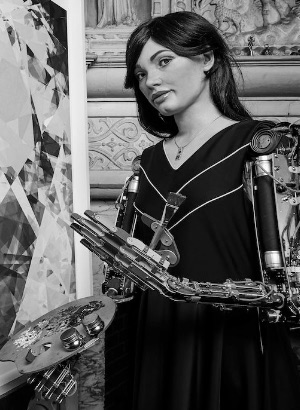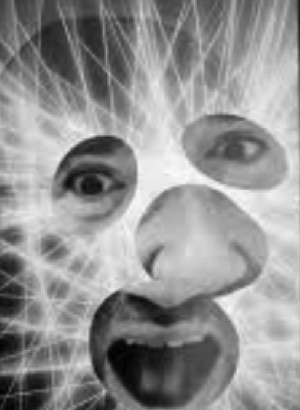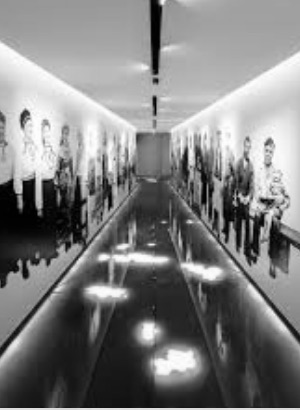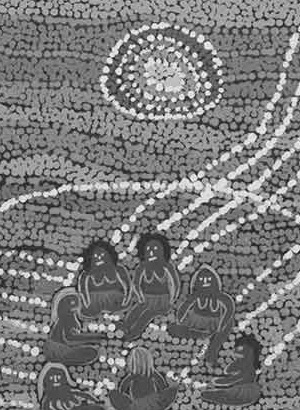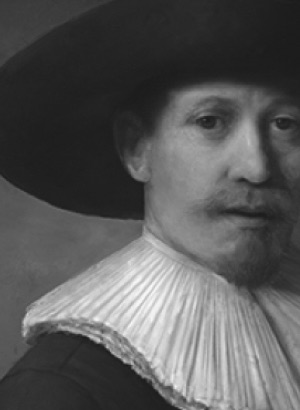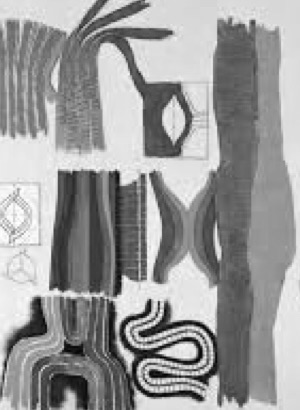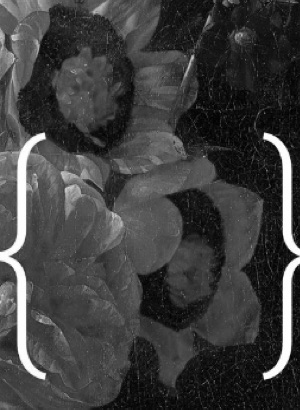Thought Provokers
Is the author of the painting the AI-powered algorithm, the team(s) putting together the system,
or the author of the original paintings which were used as a training dataset?
These are just a few sample projects from innovators at the forefront of addressing AI and culture.
Their works fuel the conversation of ethical challenges faced with this emergence,
including discussions about how its rapid evolution can, should and must be handled.
For an overview of ethics guidelines in both cultural and other-industry spheres:
Ethics Guidelines and Partnerships.
